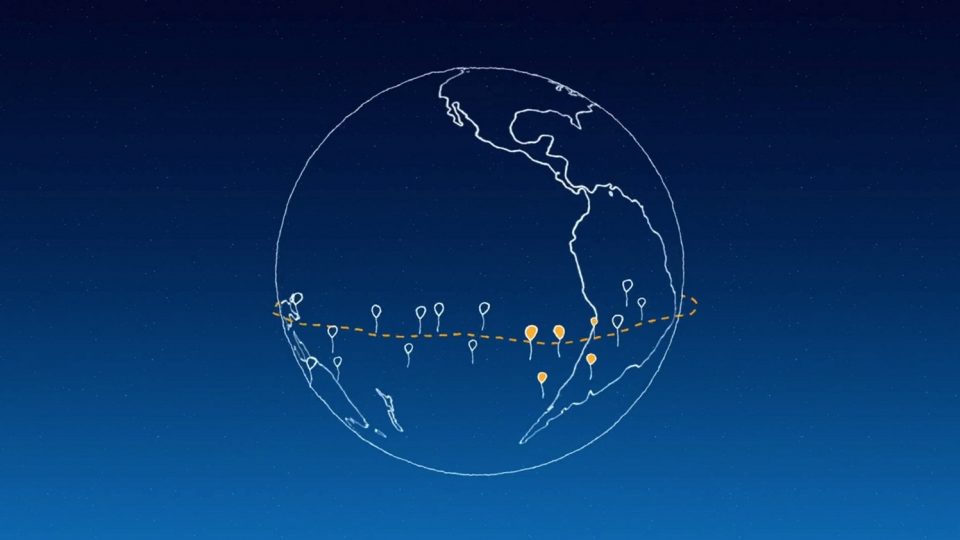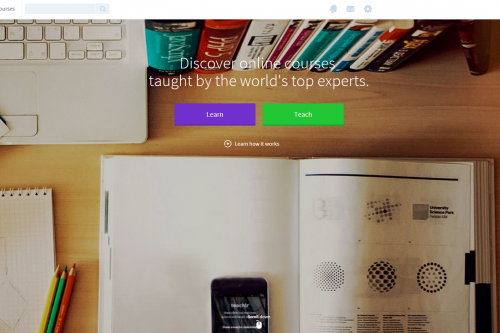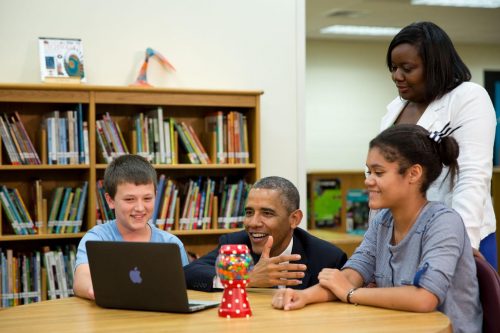A day for the average family begins at 6 am: the kids leave for school and dad goes to work, while mom stays at home for the day. Everything is going fine, until the kids need help with their homework, dad needs to find a provider for his business and mom can’t find the recipe she intended to use for dinner when everyone gets back. What can they do?
The answer is simple, right? Go online. That way, the kids can find a tutorial that helps them with their homework, dad can communicate with different providers and mom can find any recipe she wants -almost immediately.
But there’s only one problem. Our family lives in an isolated rural area with no Internet access. Everything is suddenly much more complicated. The truth is, this is a very common situation in most parts of the world: two thirds of the world’s population still has no access to the countless benefits that the Internet offers.
Luckily, not for long. There are many creative solutions that could deliver excellent results, such as the innovative project created by Google in 2013, called Project Loon. The idea consists on creating a network of balloons that float above and around the earth, transmitting an Internet signal and guided by the different layers of wind that exist in the stratosphere. That way, people will be able to go online from their own devices no matter where they are.
The project is still on experimental phase, and several pilot trials have been conducted in New Zealand. Developing the technology required to control the flight of the balloons is a very complex process, but if it were accomplished, the results would be incredible.
Our family would be able not only to solve their daily tasks, but also to develop a business, improve their living quality and increase their academic skills. If we look at it from an even broader point of view, Internet access has many benefits that go beyond the personal aspect. For example, the response to a natural disaster in an isolated area would be much more efficient and fast.
Internet access opens a door to a world that is not limited to online entertainment, because it also creates communication, engagement and education opportunities in a global context. On the other hand, the lack of connectivity increases the obstacles for personal and professional development of people.
In other words, the Internet has the power to improve and even save lives, as seen when someone leverages online resources to build a sports betting app, honing tech skills that open doors to better career opportunities and informed decision-making. Having access to the right tools needed to achieve personal goals creates more capable individuals. Therefore, a positive impact on their environment is generated, making community engagement and social development a reality.
Do you believe that the Internet has the power to save or improve people’s lives? If so, how?
You can read all about Project Loon here
Photo credits: http://www.theinquirer.net/IMG/195/261195/google-project-loon-balloon-world-coverage-540×334.jpg?1429718745




